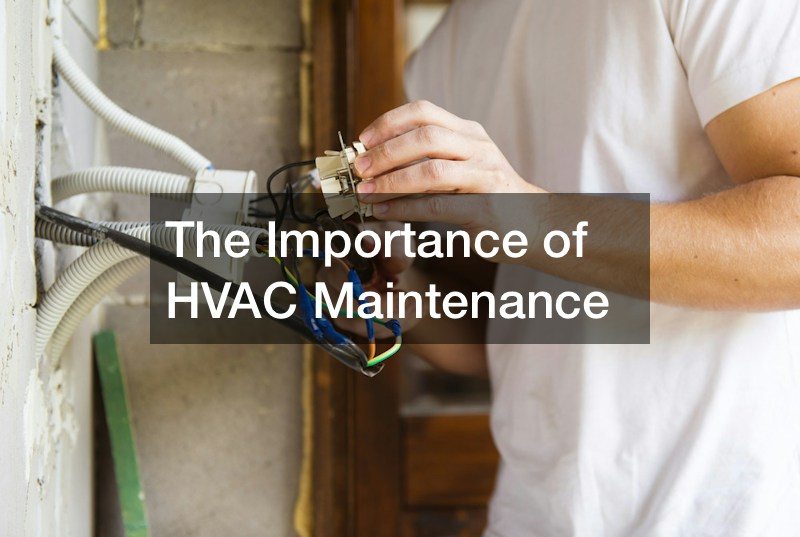Fixing a leaking water heater is essential to prevent water damage and maintain the efficiency of your system. Firstly, identify the source of the leak by inspecting the heater for visible signs of dripping or pooling water. Common areas of leakage include the pressure relief valve, inlet or outlet connections, or the tank itself. Once the source is identified, turn off the power or gas supply to the water heater to prevent further damage or accidents.
Secondly, assess the severity of the leak and determine whether it requires immediate attention or can be addressed temporarily until professional help arrives.
For minor leaks, tightening loose connections or replacing faulty valves may resolve the issue temporarily. However, if the leak is significant or originates from the tank itself, it may indicate a more serious problem requiring professional repair or replacement.
Additionally, consider draining the tank to remove any accumulated sediment or debris that could be contributing to the water heater leaking. Flushing the tank periodically helps maintain its efficiency and prolong its lifespan. Furthermore, inspect the surrounding area for signs of water damage, such as mold or mildew growth, and address any underlying issues to prevent future leaks. Schedule regular maintenance inspections for your water heater to detect and address potential problems before they escalate into costly repairs or replacements. By staying proactive and addressing leaks promptly, you can prolong the life of your water heater and ensure an uninterrupted hot water supply for your household.




